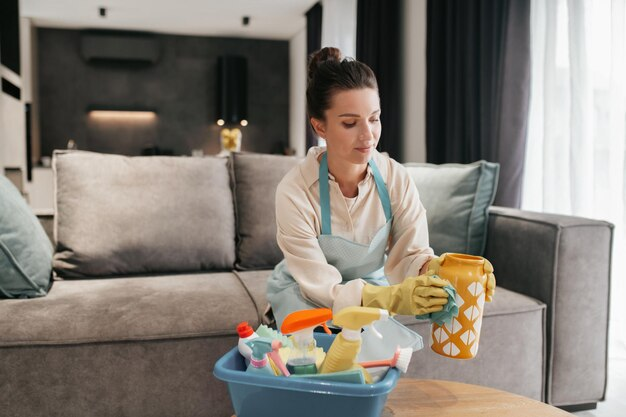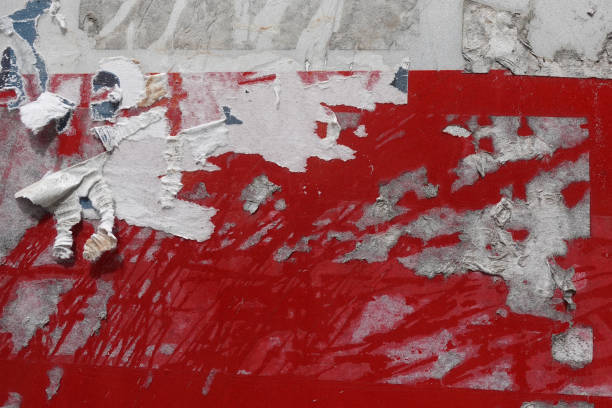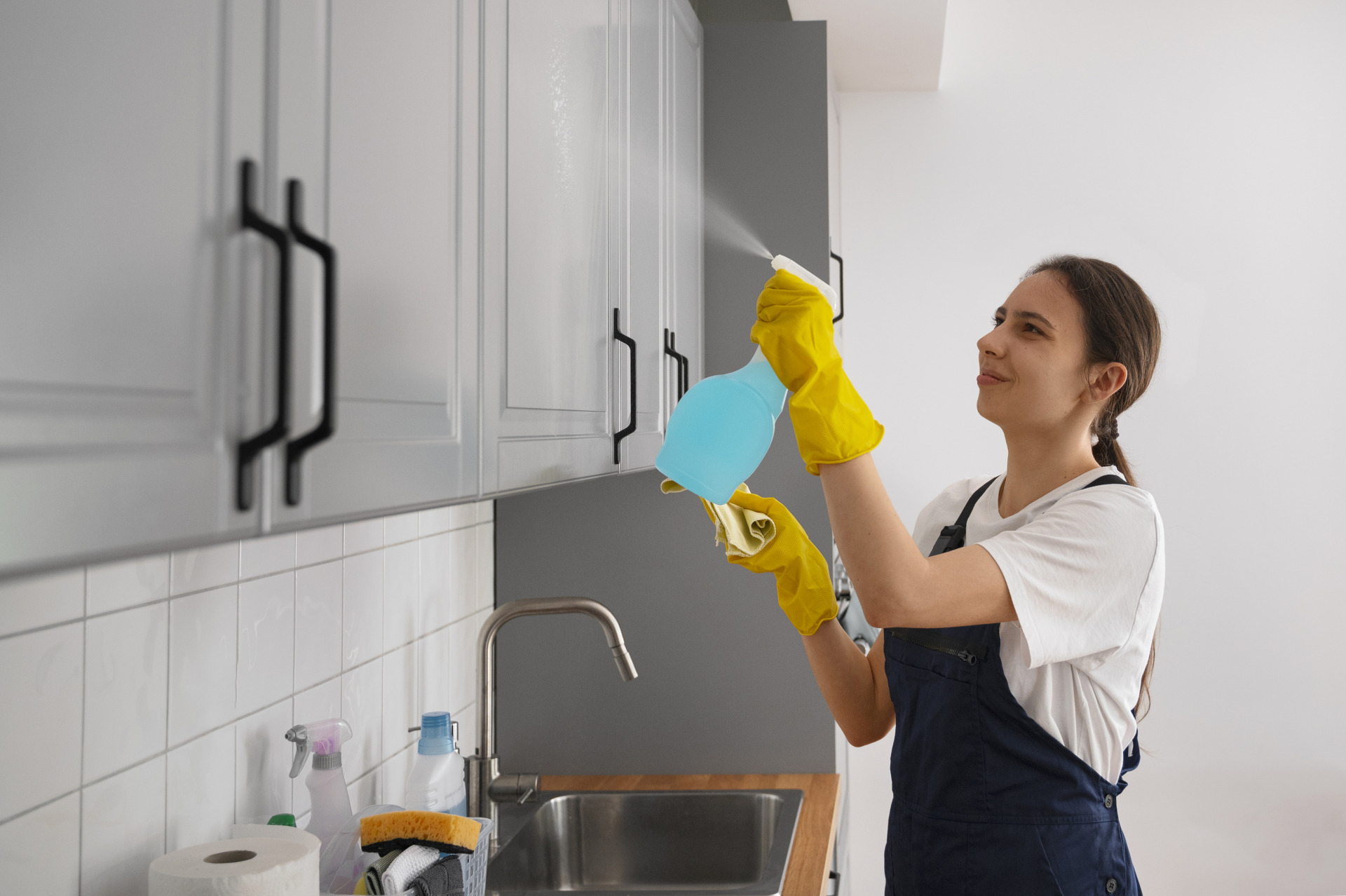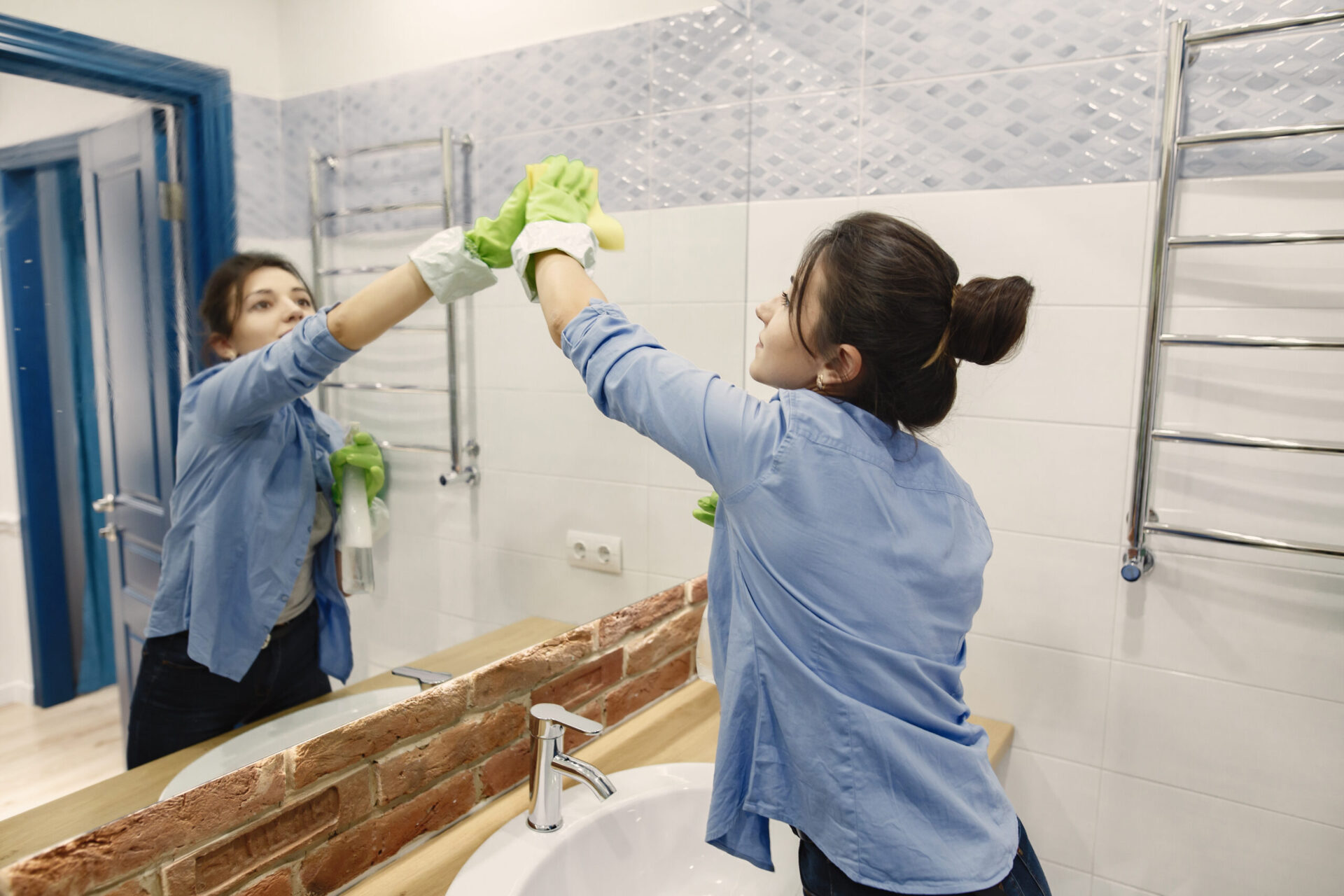Moving out of your apartment? As you embark on this journey, it’s crucial to understand the ins and outs of the cleaning fee associated with your departure. In this guide, we’ll delve into the specifics of the cleaning fee apartment move out of fees, security deposits, and navigating the intricacies of rental agreements. Let’s ensure a smooth move-out process while safeguarding your hard-earned money.



Understanding Cleaning Fees

The Basics: What is a Cleaning Fee?
When it comes to apartment move-outs, “cleaning fees” are buzzwords that tenants often encounter. This nominal charge is designed to cover the cost of restoring the rental unit to its original condition. But what exactly does it entail? A cleaning fee is typically a one-time payment that tenants make before vacating the premises. It ensures that the rental property is left in the same condition as it was at the beginning of the owner or lease. This fee is distinct from the security deposit, which serves as a financial safety net for landlords.Interplay with Security Deposits
Now, let’s discuss the pivotal role of security deposits. This amount, paid at the inception of the lease, acts as a safeguard for landlords against potential damages or unpaid rent. It’s common for landlords to use a portion of interest on the security deposit to cover cleaning expenses if the apartment is not returned in a satisfactory condition. In some cases, landlords may deduct cleaning expenses from the security deposit, especially if the tenant fails to leave the property in a well-maintained state. This process underscores the importance of understanding the terms outlined in your lease agreement.Legalities and Rental Agreements
Navigating Legal Waters: Small Claims Court and State Laws
In the event of a dispute over cleaning fees, tenants and landlords may find themselves in small claims court. Familiarizing yourself with the state laws regarding cleaning fees and tenant rights is crucial for a smooth transition during the move-out process. Tenants should also review their rental agreements to comprehend the specific terms related to cleaning fees. Understanding the legal framework ensures that both parties adhere to the stipulations laid out in the lease and rental agreement itself.Move-Out Cleaning Checklist
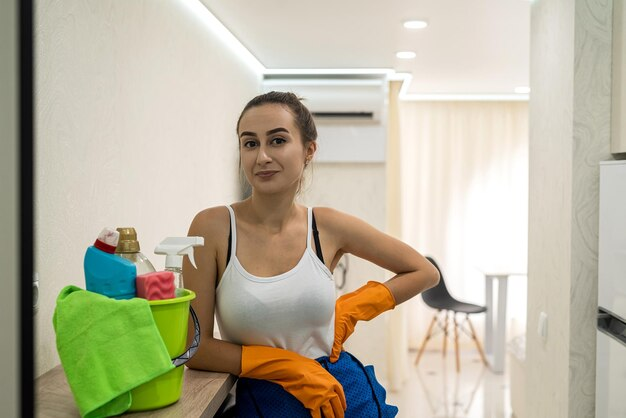
Ensuring a Smooth Transition: Move Out Cleaning
Preparing for a move-out involves more than just packing boxes. It’s essential to leave your rental unit in a condition that meets the expectations of your landlord. Here’s a detailed checklist to guide you through the process:1. Normal Wear and Tear vs. Damages
Distinguish between landlord charge for normal wear and tear and damages. Landlords generally cannot charge for normal wear and tear, which includes natural aging of the property. Damages, on the other hand, may incur additional charges.2. Professional Cleaning Services
Consider hiring professional cleaning services to ensure old landlord does a thorough job. A cleaning company can handle tasks like carpet cleaning, routine painting, and other detailed cleaning requirements. This investment can be a wise choice to meet the stringent standards set by landlords. 3. Documenting Wear and Tear Before moving out, document wear and tear with detailed records. Take photographs of the property to create an itemized list. This can serve as valuable evidence in case of disputes with property manager over cleaning fees.4. Returning the Property to Its Original Condition
The goal is to return the property in the same condition it was in when you first moved in. This includes addressing any necessary repairs, ensuring the cleanliness of carpets and floors, and maintaining the overall hygiene of the house or apartment.Financial Considerations
